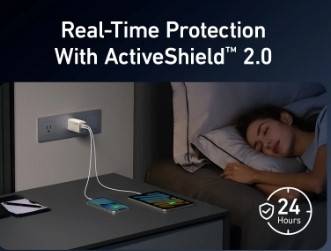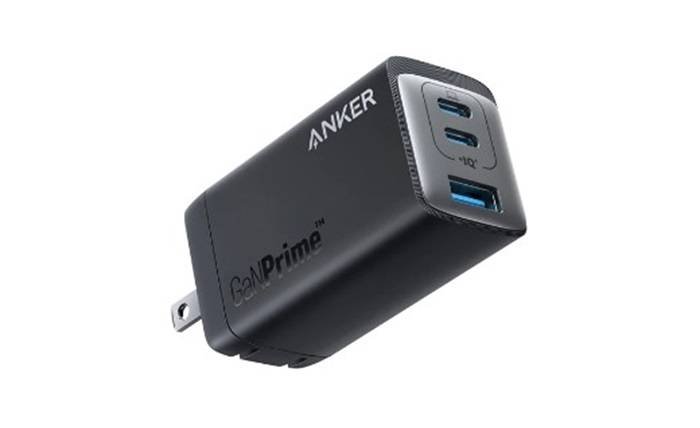When it comes to powering your laptop, ensuring compatibility between the charger and your device is paramount. A mismatched charger can lead to inefficient charging, potential damage to your laptop, and even safety hazards. In this article, we will delve into the intricacies of determining the compatibility of your laptop charger, providing you with the essential knowledge to make informed decisions when selecting or assessing a charger for your device.
A GUIDE TO LAPTOP CHARGER SELECTION
VOLTAGE MATCHING
Matching the voltage output of your charger to the requirements of your laptop is paramount. While slight variations may be tolerable, it’s best to aim for an exact match to avoid potential damage. Always double-check the voltage specifications on both your laptop and charger to confirm compatibility. Moreover, consider the stability of the charger’s voltage output. Opt for lenovo laptop charger with stable voltage outputs and built-in protection mechanisms to safeguard against voltage irregularities and ensure consistent power delivery to your device.
AMPERAGE ADEQUACY
Ensuring that the amperage supplied by the charger meets or exceeds your laptop’s requirements is crucial. Insufficient amperage can lead to slow charging or damage to your device. Carefully verify the amperage rating of your charger and compare it to your laptop’s specifications to ensure compatibility and efficient charging.
Furthermore, assess the charger’s ability to maintain voltage stability under varying load conditions. Choose chargers with robust voltage regulation capabilities and adequate power reserves to accommodate fluctuations in power demand, ensuring consistent charging performance.
POLARITY ALIGNMENT
Aligning the polarity of the charger with that of your laptop is essential to prevent damage from incorrect electrical connections. Polarity, indicating the direction of electrical flow, is typically indicated by symbols on both the charger and laptop. Verify that the polarity diagrams match to ensure proper alignment and avoid potential risks. Additionally, prioritize chargers with built-in polarity protection features like anker to mitigate the risk of damage due to polarity mismatches or incorrect connections. Such features provide an added layer of safety and reliability during charging operations.
CONNECTOR COMPATIBILITY
Checking the compatibility of the charger’s connector with your laptop’s charging port is crucial for ensuring a secure and stable connection. Incompatible connectors may lead to charging interruptions or a loose connection, affecting the reliability of the charging process. Verify that the charger’s connector type and size match those of your laptop to facilitate seamless charging. Furthermore, consider the durability and robustness of the connector design to withstand frequent plug and unplug cycles. Choose chargers with reinforced connectors and strain relief mechanisms to prevent damage and ensure long-term reliability.
SAFETY AND CERTIFICATION
Prioritize chargers that adhere to safety standards and certifications to guarantee reliability and peace of mind. Certified chargers undergo rigorous testing for safety and performance, ensuring compliance with industry regulations. Look for safety certifications such as UL, CE, or FCC to verify the charger’s quality and reliability. Additionally, consider chargers with built-in safety features such as overvoltage protection, short circuit protection, and temperature control to safeguard your laptop against potential risks. Investing in a certified charger with advanced safety features provides an added layer of protection and ensures the safety of your device during charging.

CONCLUSION
Selecting a compatible laptop charger involves considering factors such as voltage matching, amperage adequacy, polarity alignment, connector compatibility, and safety certifications. By evaluating these aspects and prioritizing compatibility and safety, you can ensure efficient charging and protect your laptop from potential damage. Choose a charger that meets your device’s requirements and adheres to safety standards to optimize performance and reliability.


